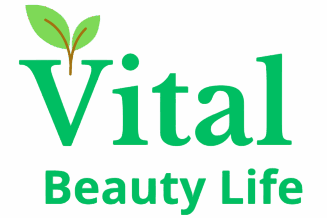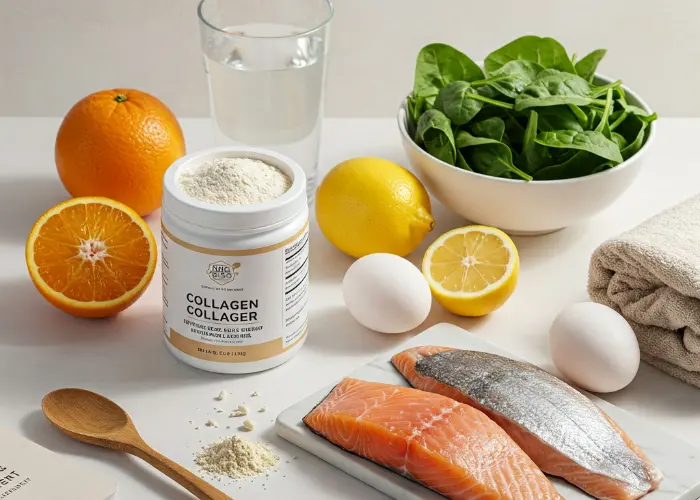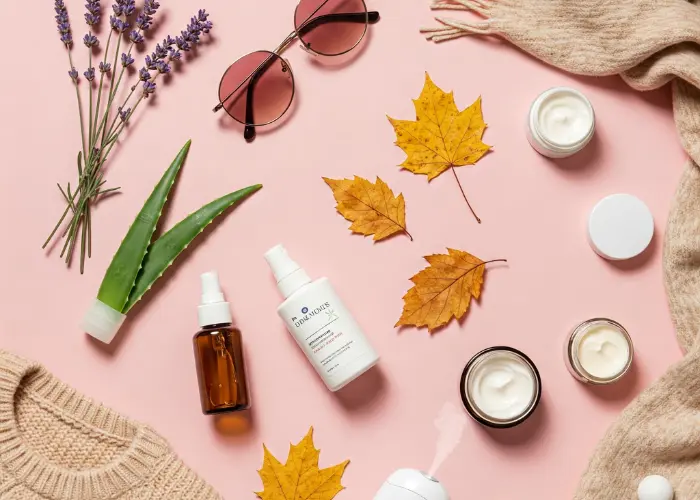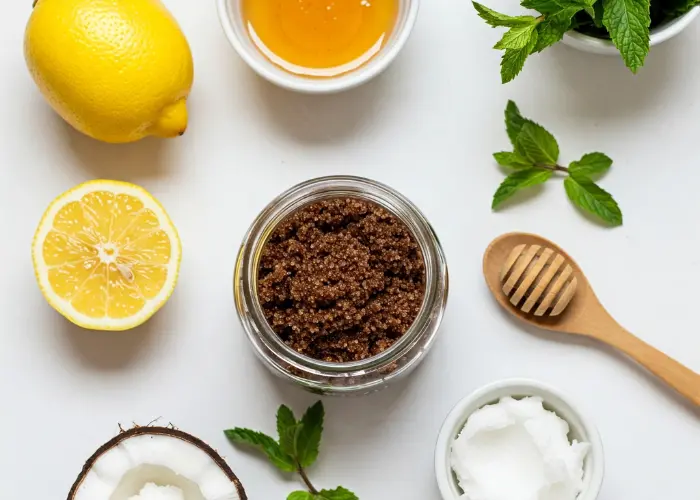Curious about collagen supplements? Discover the truth about collagen, its benefits, and whether it’s right for you.
Collagen has become a buzzword in the beauty and wellness world. From skin creams to powders and drinks, collagen supplements are everywhere — promising smoother skin, stronger joints, and healthier hair. But how much of this is hype, and how much is backed by science?
Let’s uncover the truth about collagen: what it is, where it comes from, and whether you really need to be taking it.
What Is Collagen, and Why Does It Matter?
Collagen is the most abundant protein in your body. It’s found in your skin, bones, muscles, and tendons, acting like a natural “glue” that holds everything together. As we age, collagen production naturally decreases, which may contribute to wrinkles, joint stiffness, and slower healing.
This is where collagen supplements come in — often promoted as a way to restore what time takes away. But do they actually work?
Do Collagen Supplements Really Work?
Research suggests that collagen supplements may offer some benefits, especially for skin and joint health. In one clinical trial, participants who took collagen peptides daily saw improved skin elasticity and hydration compared to those who didn’t source: NIH.
Similarly, studies show potential improvements in joint pain for athletes and older adults who supplement with collagen source: NIH.
However, it’s important to note: these supplements don’t directly “add” collagen to your body. Instead, they provide amino acids your body can use to build collagen — if your diet and overall health support it.
Natural Collagen Sources in Food
Not into powders or pills? You can still support your body’s collagen naturally. These foods help promote collagen production:
- Bone broth: Rich in gelatin, which provides building blocks for collagen.
- Citrus fruits: High in vitamin C, essential for collagen synthesis.
- Leafy greens: Loaded with antioxidants that protect collagen from damage.
- Eggs and fish: Packed with amino acids and healthy fats.
Eating a balanced, nutrient-rich diet goes a long way in keeping your skin and joints in good shape — with or without supplements.
Is Collagen Safe for Everyone?
For most healthy adults, collagen supplements are considered safe. They’re usually made from animal sources like fish or bovine hide, so check the label if you have dietary restrictions.
That said, always choose reputable brands, and be wary of products that promise “miracle” results. And remember: supplements are not a replacement for a balanced lifestyle.
For safety tips and supplement guidelines, check out resources from the National Institutes of Health.
Should You Start Taking Collagen?
If you’re looking for extra support for your skin, hair, or joints — and your budget allows — collagen supplements might be worth a try. But they’re not a quick fix. A healthy lifestyle, proper hydration, sleep, and whole foods remain the foundation of lasting wellness.
Whether you take collagen or not, focus on what your body truly needs: nourishment, rest, movement, and care.
Final Thoughts
Collagen is more than a beauty trend — it’s a key player in your body’s structure and health. Supplements can help, but they work best alongside a holistic approach to well-being.
Your turn! Have you tried collagen? Notice any changes? Share your experience in the comments.



